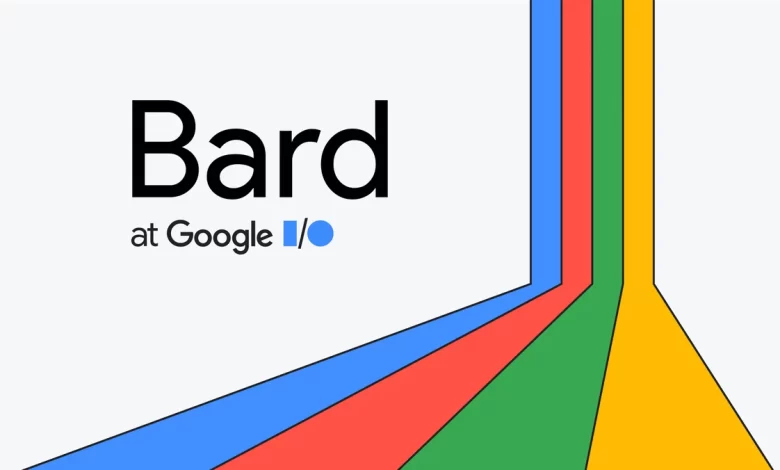Google's AI chatbot, Bard, is receiving a new feature called "Memory,"
Bard's Memory feature represents Google's commitment to personalizing its AI chatbot, catering to the evolving demands of its users.

Google’s AI chatbot, Bard, which was launched earlier this year, is receiving a new feature called “Memory,” which will enable it to learn more about individuals to provide personalized responses. This optional feature will allow Bard to remember details from past conversations and history, thereby improving future responses. Users can toggle the feature on or off from the left-hand side of the screen, depending on their preferences.
With the Memory feature, users can set up their memories, such as dietary preferences or family details, which Bard can consider when responding. This feature will work in tandem with information pulled from Extensions, such as Maps, Docs, Gmail, and YouTube. Users can also delete or replace their memories on the same page where they are created.
Google is gradually rolling out the Memory feature, which will facilitate more personal responses based on an individual’s history. Additionally, it will provide the opportunity to add new memories, which Bard can use to improve its future responses.
However, Bard’s expansion has not been without controversy. Recently, the service was criticized for indexing private Bard conversations on Google Search, prompting the company to address the issue by blocking conversations from being indexed. Privacy implications also arise from Bard’s dependence on millions of websites to gather information and train its AI models. For this purpose, Google has introduced a new AI web crawler called Google-Extended that allows publishers to block Bard from accessing their content.
Despite these challenges, Bard’s Memory feature represents Google’s commitment to personalizing its AI chatbot, catering to the evolving demands of its users.




